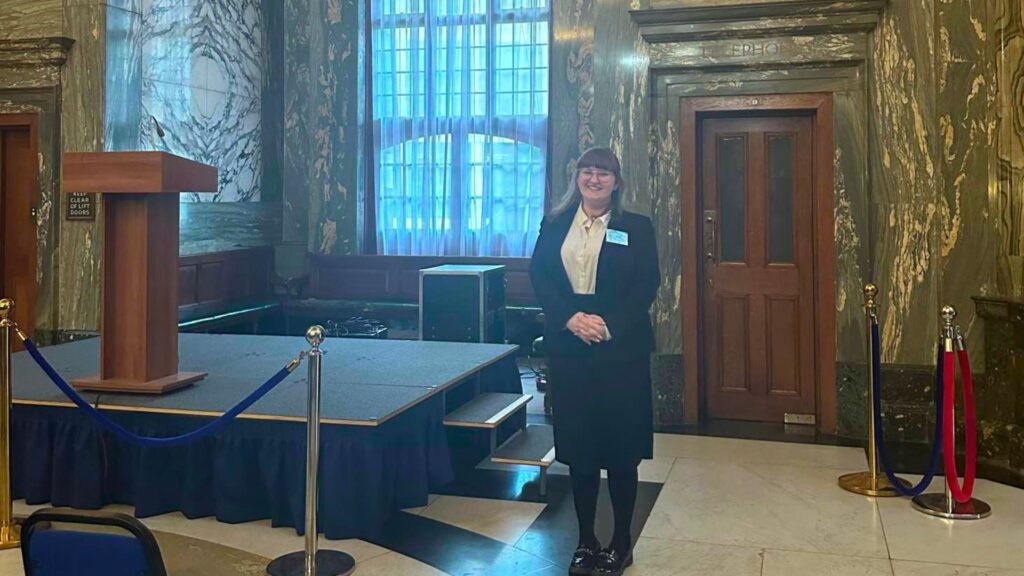
Making a strong application is a crucial element in achieving a place on a Postgraduate Certificate of Education (PGCE) or other postgraduate teacher training programme.
Your personal statement can often be the deciding factor when tutors are considering who to call for a formal interview. As admissions tutors may read through hundreds of applications, the presentation and content of your information are critical.
Before you begin, make a few notes to focus your thoughts and allow yourself a couple of weeks to fine tune your statement before finally submitting it. Show it to your friends and family, be prepared for constructive criticism and use a spell check facility to ensure your spelling and grammar are accurate.
You are applying for highly competitive programmes of study so don’t be afraid to sell yourself and outline your relevant achievements.
Things to include in your postgraduate teacher training personal statement
You have only limited space for your personal statement. You can write up to 1000 words and it is recommended that you write at least 500 words, to give yourself a good chance of being successful. So it is important that you mention all the key information necessary to make a good first impression. Be concise and do not repeat information that you may have included elsewhere in the application.

You may want to include the following in your personal statement:
- Your motivation to become a teacher and what makes you passionate about this career choice
- Why you have chosen to teach a particular age range and if relevant, a specific subject
- The skills, personal qualities and values you possess which will make you a strong teacher
- Any relevant experience. Be sure to reflect on what you have gained from any school experience you have. You can also discuss what you have learnt from other experience working with young people, or mention relevant courses or achievements e.g. first aid courses
- Your understanding of teaching and of the education sector for your chosen age phase e.g. current developments or challenges
- Your understanding of the role of a teacher and what you hope to contribute, both in and beyond the classroom
It’s completely up to you how you choose to structure your personal statement. You may like to start by outlining your motivations and passion for a career in teaching and it can be a good idea to finish with a brief summary. Many applicants choose to discuss their skills and experience in the same paragraph. This will allow you to provide evidence for the skills you are discussing, by backing them up with specific examples from the experiences which have allowed you to develop each skill.

The application process can seem daunting at times but effective planning and preparation, including dedicating sufficient time to writing your personal statement, is the key to a submitting a strong application. Remember to stay relevant and ensure that any information you include highlights your suitability for the course.
Consider Edge Hill for your postgraduate teacher training studies.
Common mistakes to avoid in your postgraduate teacher training personal statement
When applying, you’ll want to avoid these common mistakes to make your personal statement truly stand out.
Neglecting classroom experience
Many applicants focus solely on their academic achievements and ignore or underplay classroom experiences. These experiences can really help your application stand out. Make sure you highlight any school-based observations or interactions with pupils, and reflect on what these experiences have taught you about teaching and the school environment. If you don’t yet have experience in a school setting, don’t worry. We are looking for a commitment to, and understanding of, education in your chosen age phase. This can be demonstrated in other ways, for example through wider reading to keep up-to-date with policy and developments in the education sector. You could also draw upon relevant experience with young people from outside the classroom and the skills this has enabled you to develop.
Lack of curriculum knowledge
Admissions tutors want to see that you have a strong grasp of the subject you wish to teach. Merely stating that you have a passion for the subject won’t cut it. Elaborate on the specific modules or topics in the subject that interest you and how you’d approach teaching them. If you feel that you need to brush up on your subject knowledge, find out more about the free Subject Knowledge Enhancement courses we offer in a range of subjects.
Ignoring professional skills
Teachers need a broad skill set that goes beyond subject knowledge. Skills like communication, leadership, and organisation are crucial in a classroom setting. Make sure you discuss these skills in your personal statement. Many applicants fall into the trap of listing but not evidencing their skills. Be sure to provide examples of how you’ve demonstrated your skills in the past, or of the experiences which have allowed you to develop these skills.
Omitting long-term goals
Failing to mention your long-term career goals can make it seem like you haven’t thought through your path in education. Whether you aim to specialise in a particular type of teaching or wish to progress into educational leadership, share these aspirations in your personal statement.

Overlooking diverse learning environments
Teaching isn’t a one-size-fits-all profession. There are different learning environments, student needs, and educational philosophies. Make sure to mention any experience or interest you have in diverse educational settings, such as special education, rural schools, or teaching students who speak English as a second language.
Frequently asked questions (FAQs)

Further advice on applying to a postgraduate teacher training course
If you are applying to Edge Hill University and would like any additional advice about writing a personal statement as part of your application please contact Course Enquiries on 01695 657000 or email pgce@edgehill.ac.uk.
Further tips and advice are also available on the Get into Teaching website.
July 11, 2022


